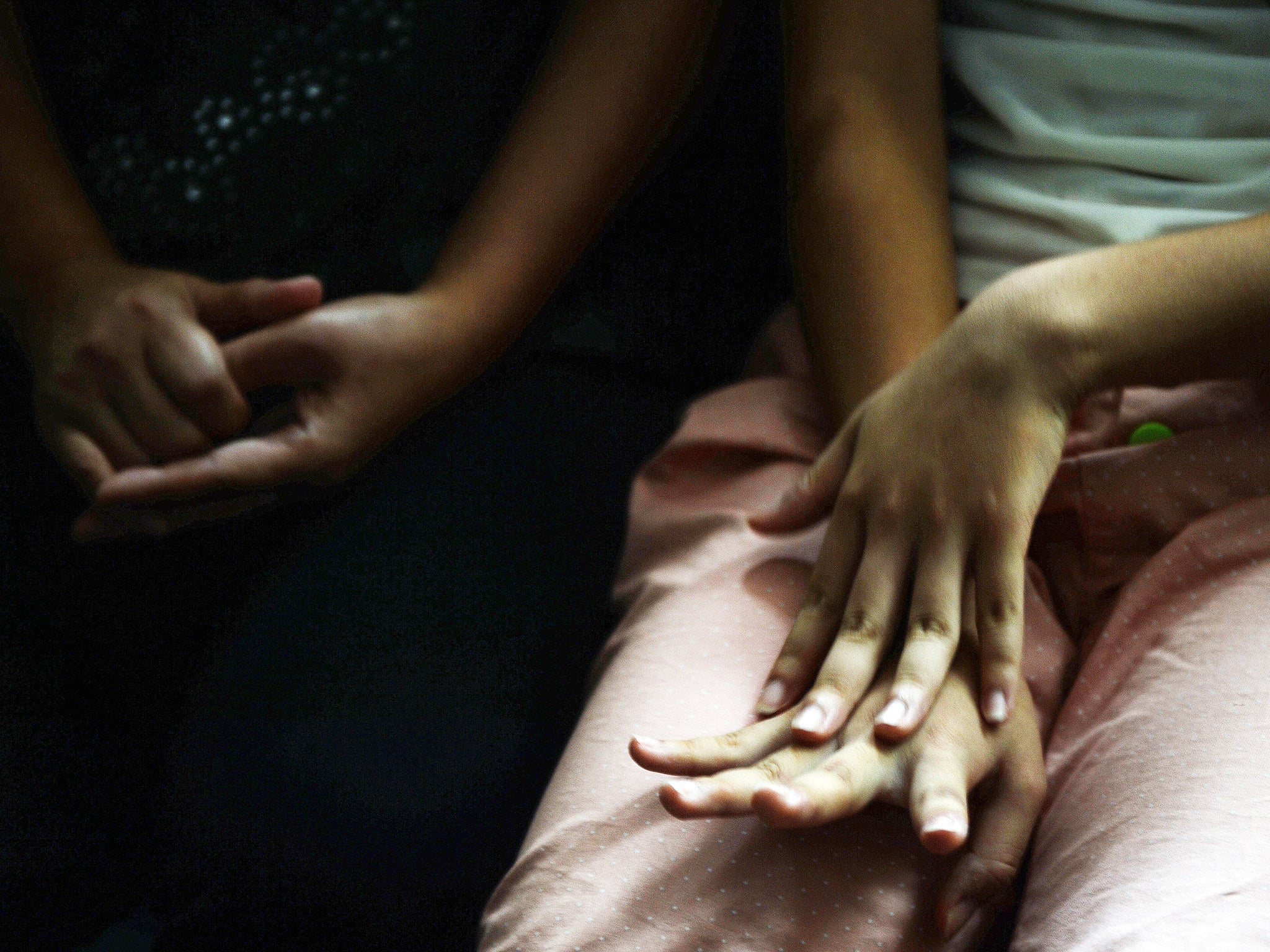Rise in mothers having children taken into care during pandemic, report suggests
‘It is indicative of the state becoming more punitive rather than supporting people,’ says campaigner

Increasing numbers of mothers are having their children taken into care in the wake of the coronavirus pandemic, a report has suggested.
Research by the Women’s Resource Centre, the leading national umbrella organisation for the women’s sector in the UK, found that more babies are being taken into care because of rising economic insecurity pushing already struggling families into financial crisis.
The study argues that the worsening mental health of mothers and a surge in cases of domestic abuse during the Covid-19 emergency could also be behind the rise in children going into care.
Barnardo’s, one of the UK’s largest fostering agencies, says it has seen a 44 per cent rise in demand for foster parents but a 47 per cent fall in foster carers coming forward. The charity has warned that foster care is in a “state of emergency”.
Vivienne Hayes, chief executive of the Women’s Resource Centre, told The Independent: “This is to do with rising poverty and structural inequality in the wake of the coronavirus crisis. Local authorities have been stripped of money for the last 10 years because of Tory party austerity, while at the same time, the women’s sector, which fills those gaps, is also in crisis in terms of funding.
“This means the support for women – especially the poorest in society – has been removed and their safety net has been eradicated. We are now seeing increasing numbers of mothers being separated from their children – rather than being given the financial and social support which makes more women able to manage. Separation should be the very last resort.
“Separation is a hidden problem and we are very concerned it is a much bigger problem than people might realise. It is indicative of the state becoming more punitive, rather than supporting people. What kind of future trauma are we storing up for separated babies and their mothers. There are some children taken into care because of grave safety concerns. However, the dramatic rise in numbers suggests this is sometimes being done without due care and attention.”
Ms Hayes, who has worked in the women’s sector for more than 30 years, warned that the coronavirus crisis has thrust already cash-strapped local authorities into further chaos, and she called for a thorough investigation into what is triggering the increase in care orders.
She said: “There is a crisis in social care provision which refers to childcare provision, support for new mums, and support for new mums with postnatal provision. The government talks about road, planes and trains infrastructure but is alarmingly silent on the critical part that social infrastructure plays in maintaining a healthy society. Social infrastructure is needed.”
The study notes that the number of children being referred to care homes has risen by 50 per cent during the lockdown, with one care company building nine additional children’s homes in response. Researchers warned that such a rapid growth could potentially affect the quality of services.
Professor Karen Broadhurst, who specialises at Lancaster University in child and family justice, told researchers: “While services have worked hard to keep going during the pandemic, it is now harder to keep a baby with their parents when they cannot access the usual support available, such as whether that was face-to-face drug and alcohol support, or when family members were shielding.
“Inevitably, if the families have a history of child removal, concerns are high. If we can’t provide the intensive support, then we would expect to see more babies come into care at birth. It is much harder for that parent to access legal support, to have that direct face-to-face contact with their own solicitor and to contest the case.”
A Department for Education spokesperson said: “We want every child to be in a loving, stable home that’s right for them. In most cases children are best looked after by their families and courts will only remove children as a last resort, when it is in the child’s best interests.
“Where a child cannot live at home, we must make sure they are safe and receive the highest quality care, which is why we are providing local authorities with £1 billion extra for adult and children’s social care to help them improve the support available. We are also investing a £84m over the next five years to build on our existing programmes which are developing innovative approaches to help children stay in a stable family home.”
Subscribe to Independent Premium to bookmark this article
Want to bookmark your favourite articles and stories to read or reference later? Start your Independent Premium subscription today.

Join our commenting forum
Join thought-provoking conversations, follow other Independent readers and see their replies